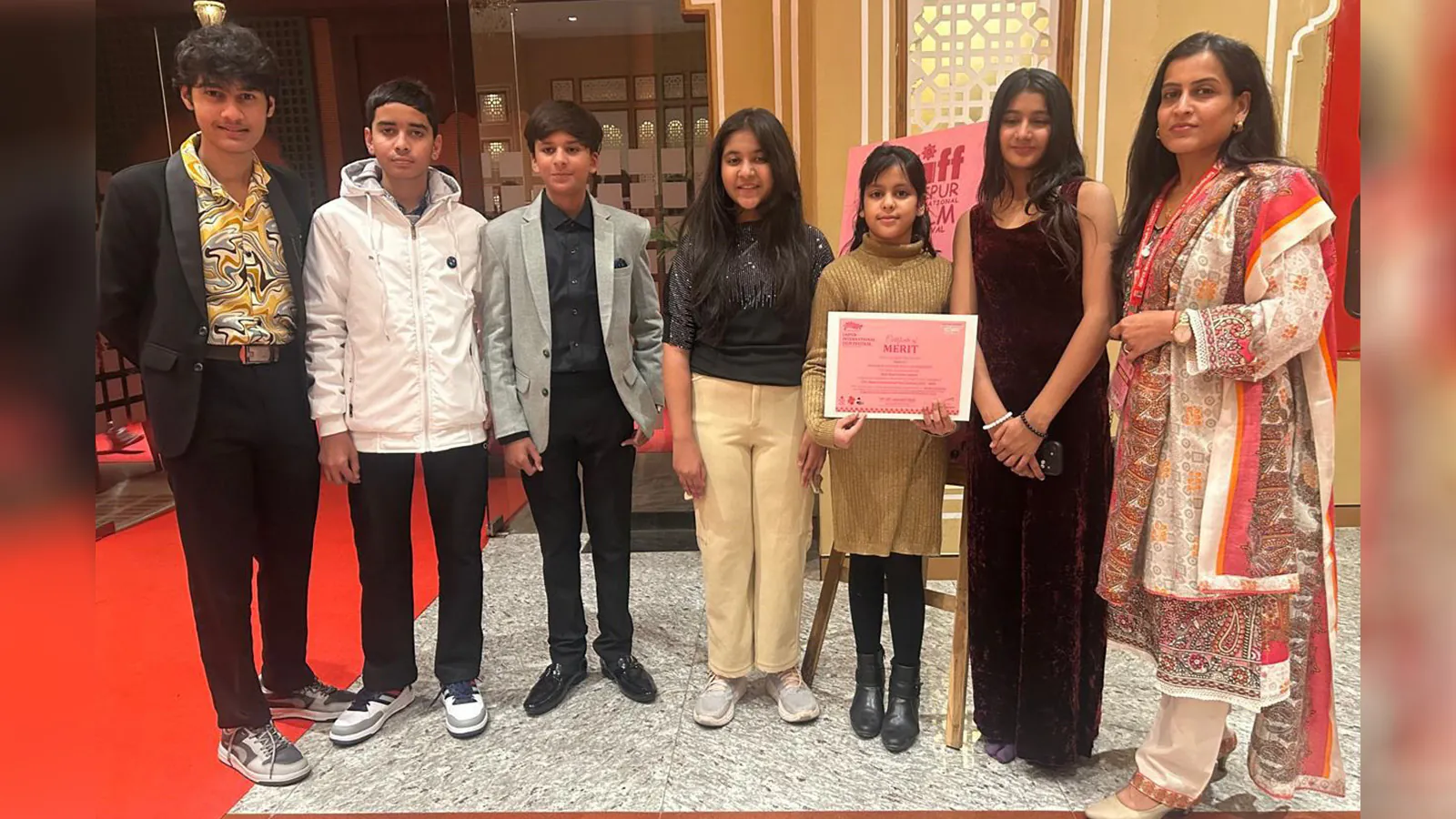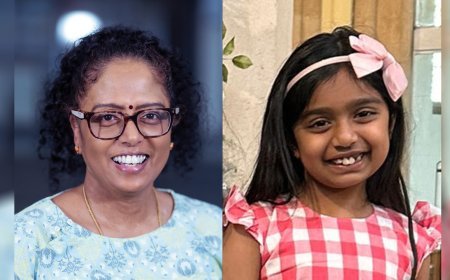'Rise in Addiction Calls for Evidence-Based Treatments, Family Support Also Matters' Says Mrs. Gayathri Arvind, Abhasa
Coimbatore, 18th September 2024: With the rise in the number of people getting addicted to harmful habits such as alcohol and drug addiction, it is imperative evidence-based treatments are being actively considered for helping recovery of individuals struggling with alcohol and drug addiction. These treatments are grounded in scientific research and have been proven effective through rigorous testing and clinical trials. “There is a demand for evidence-based treatments with some of the most impactful evidence-based approaches like Cognitive Behavioural Therapy (CBT) and Medication-Assisted Treatment (MAT). There is also Motivational Interviewing (MI), Contingency Management and the Twelve-Step Facilitation Therapy that one can work with,” said Mrs.Gayathri Arvind, Founder & Managing Director, Abhasa. Slightly detailing these approaches, Mrs. Gayathri said, “Cognitive Behavioural Therapy (CBT) helps individuals identify and change negative thought patterns and behaviours related to substance use. Medication-Assisted Treatment (MAT) combines medications with counselling and behavioural therapies to treat substance use disorders, particularly effective for opioid and alcohol addiction while, Motivational Interviewing (MI), a counselling technique helps individuals find the motivation to make positive changes in their behaviour,”. “Contingency Management, which uses positive reinforcement to encourage sobriety and other healthy behaviours, and Twelve-Step Facilitation Therapy, designed to promote long-term recovery by encouraging participation in 12-step programs like Alcoholics Anonymous, are also vital components of this comprehensive approach,” she added. At Abhasa, these methods are a part of a broader movement to provide comprehensive, personalized care that addresses the unique needs of everyone. By integrating these evidence-based practices, our recovery programs offer more effective support and improve outcomes for those battling addiction. Also, innovations in treatment approaches, such as telemedicine and digital health, are making therapy more accessible, while personalized medicine tailors treatment plans to an individual’s genetic makeup, lifestyle, and specific needs is becoming more common. Integrated care models combine mental health services with addiction treatment, addressing co-occurring disorders like anxiety and depression, and peer support and recovery communities emphasize the role of peer mentors in long-term recovery. Abhasa strongly believes family support plays a crucial role in the recovery process. Emotional support from families can provide a strong foundation, offering love, understanding, and encouragement. Families can also help keep the individual accountable by monitoring progress, encouraging adherence to treatment plans, and creating a positive environment free from substances and triggers. Open communication within the family, along with education and participation in family therapy or support groups, can help families understand addiction better and offer more effective support. The integration of evidence-based treatments and comprehensive support systems marks a significant advancement in addiction recovery, offering hope and effective pathways to those seeking to overcome addiction and this is possible at Abhasa.

Coimbatore, 18th September 2024: With the rise in the number of people getting addicted to harmful habits such as alcohol and drug addiction, it is imperative evidence-based treatments are being actively considered for helping recovery of individuals struggling with alcohol and drug addiction. These treatments are grounded in scientific research and have been proven effective through rigorous testing and clinical trials.
“There is a demand for evidence-based treatments with some of the most impactful evidence-based approaches like Cognitive Behavioural Therapy (CBT) and Medication-Assisted Treatment (MAT). There is also Motivational Interviewing (MI), Contingency Management and the Twelve-Step Facilitation Therapy that one can work with,” said Mrs.Gayathri Arvind, Founder & Managing Director, Abhasa.
Slightly detailing these approaches, Mrs. Gayathri said, “Cognitive Behavioural Therapy (CBT) helps individuals identify and change negative thought patterns and behaviours related to substance use. Medication-Assisted Treatment (MAT) combines medications with counselling and behavioural therapies to treat substance use disorders, particularly effective for opioid and alcohol addiction while, Motivational Interviewing (MI), a counselling technique helps individuals find the motivation to make positive changes in their behaviour,”.
“Contingency Management, which uses positive reinforcement to encourage sobriety and other healthy behaviours, and Twelve-Step Facilitation Therapy, designed to promote long-term recovery by encouraging participation in 12-step programs like Alcoholics Anonymous, are also vital components of this comprehensive approach,” she added.
At Abhasa, these methods are a part of a broader movement to provide comprehensive, personalized care that addresses the unique needs of everyone. By integrating these evidence-based practices, our recovery programs offer more effective support and improve outcomes for those battling addiction.
Also, innovations in treatment approaches, such as telemedicine and digital health, are making therapy more accessible, while personalized medicine tailors treatment plans to an individual’s genetic makeup, lifestyle, and specific needs is becoming more common. Integrated care models combine mental health services with addiction treatment, addressing co-occurring disorders like anxiety and depression, and peer support and recovery communities emphasize the role of peer mentors in long-term recovery.
Abhasa strongly believes family support plays a crucial role in the recovery process. Emotional support from families can provide a strong foundation, offering love, understanding, and encouragement. Families can also help keep the individual accountable by monitoring progress, encouraging adherence to treatment plans, and creating a positive environment free from substances and triggers. Open communication within the family, along with education and participation in family therapy or support groups, can help families understand addiction better and offer more effective support.
The integration of evidence-based treatments and comprehensive support systems marks a significant advancement in addiction recovery, offering hope and effective pathways to those seeking to overcome addiction and this is possible at Abhasa.


















































